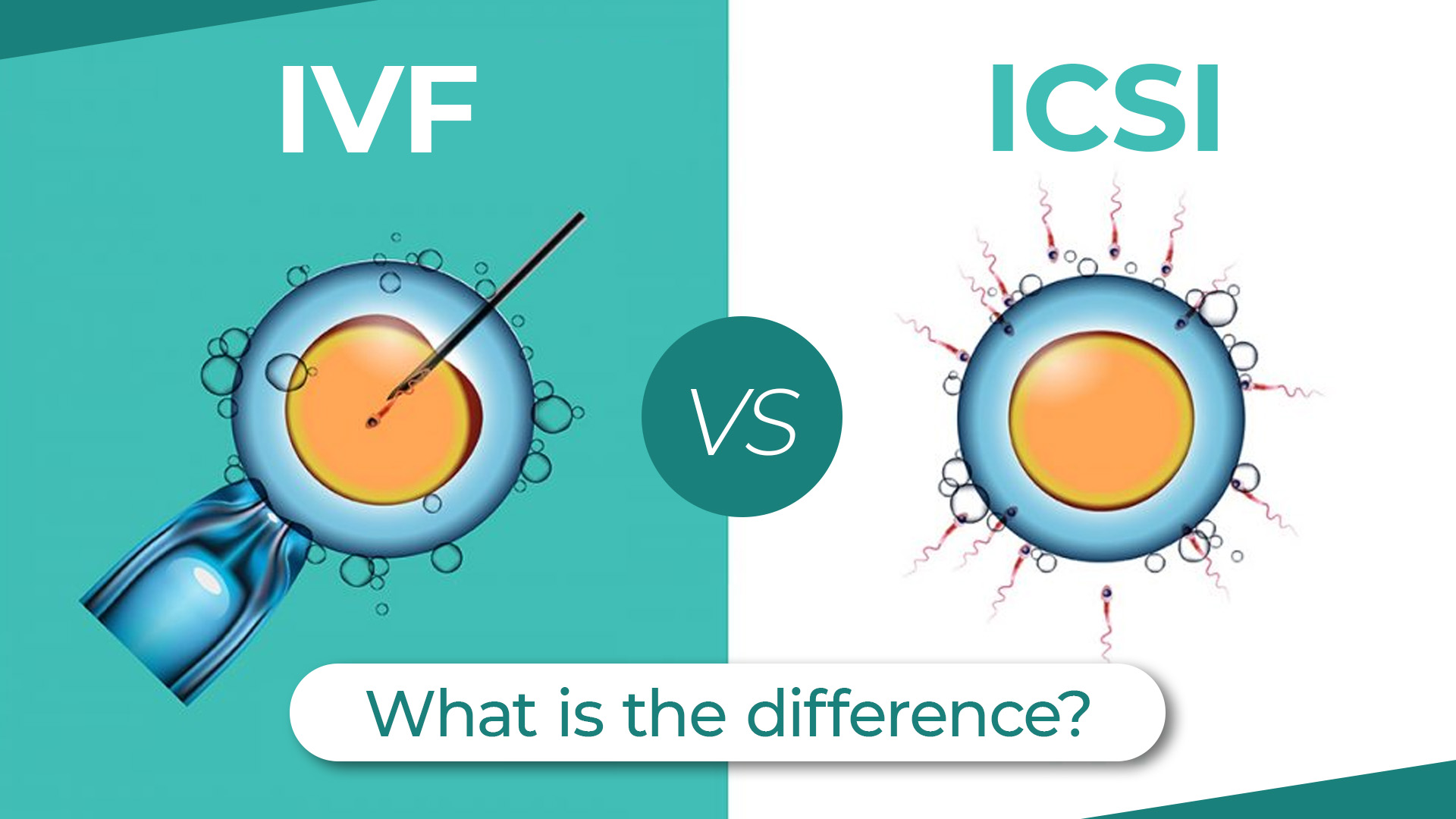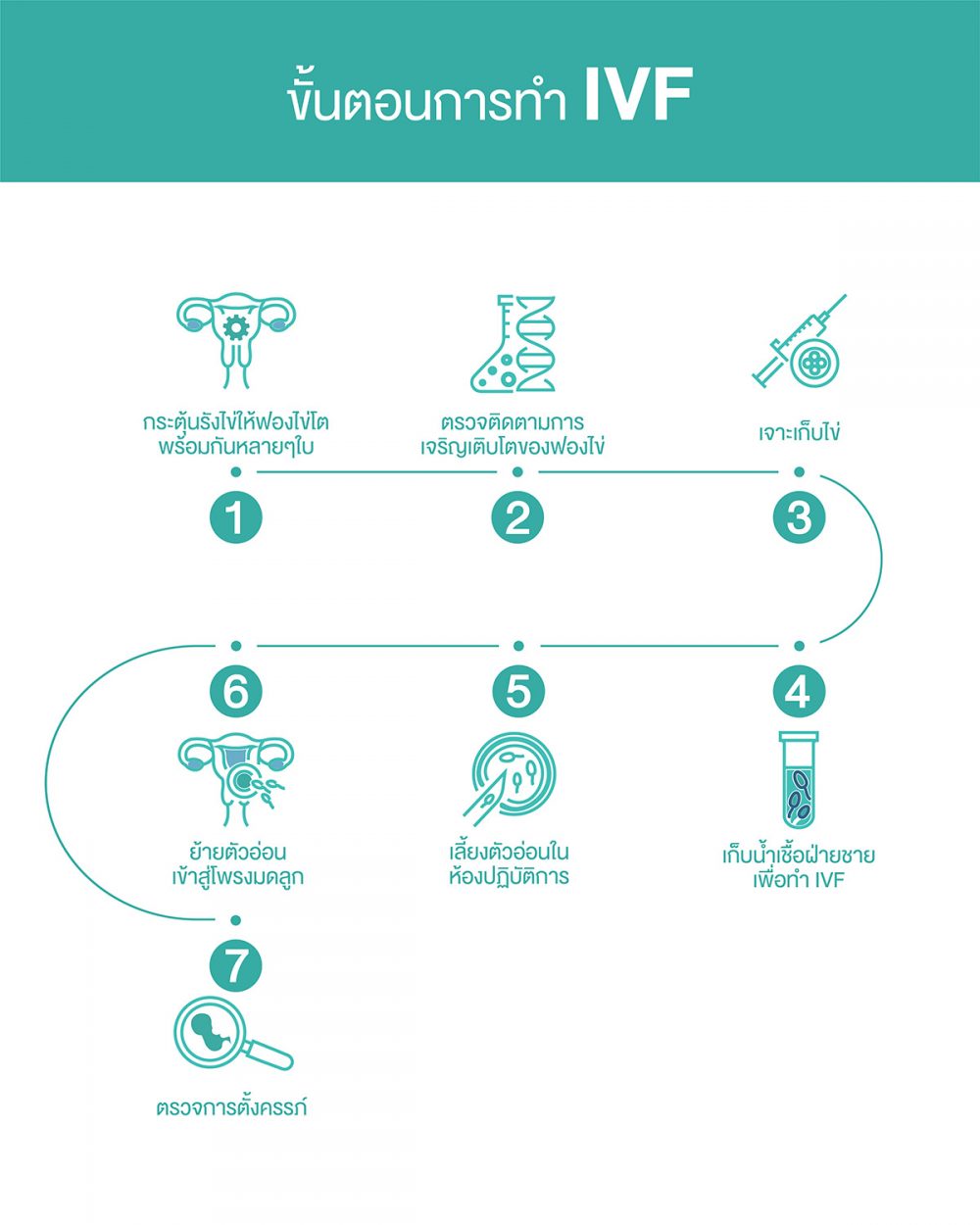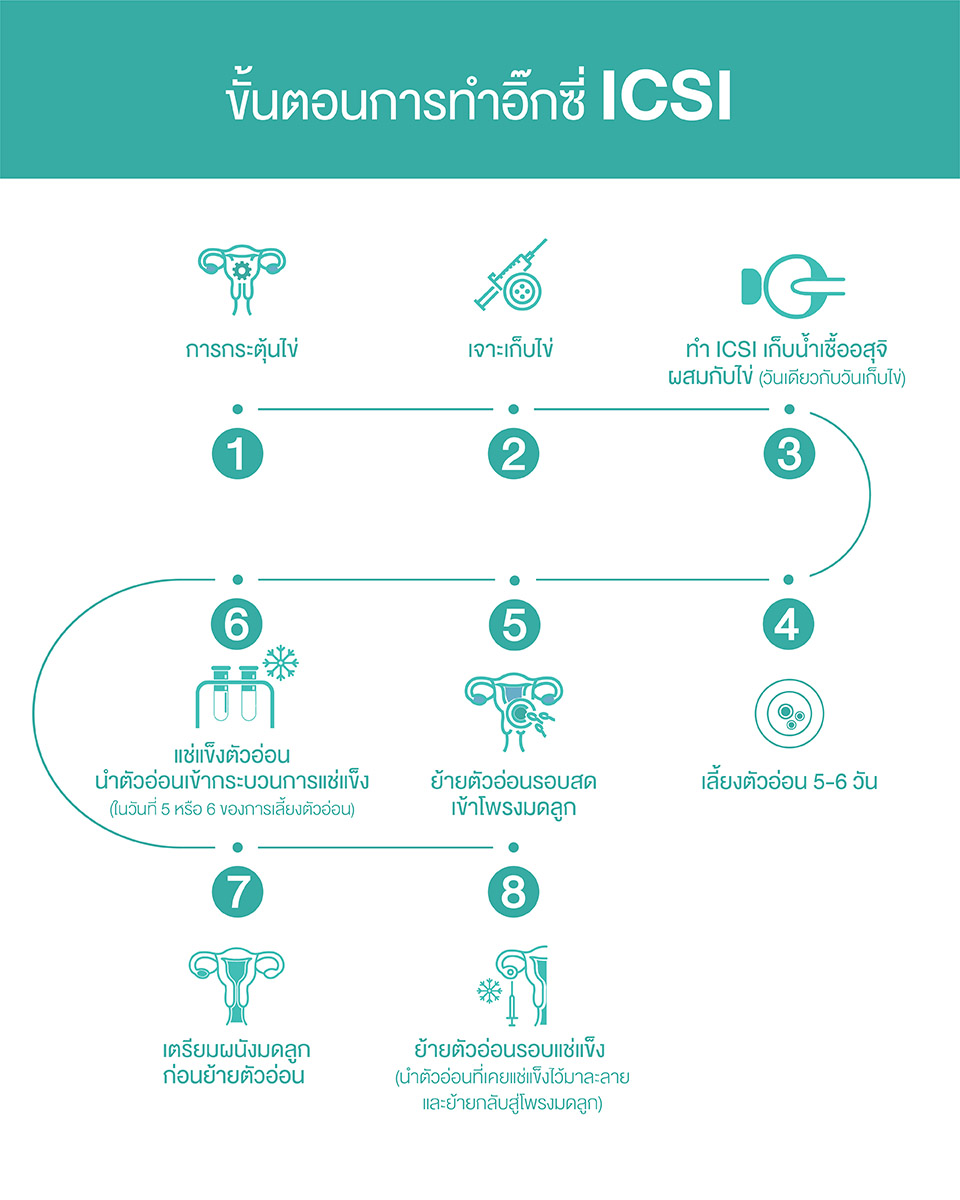IVF vs. ICSI: What is the difference?

IVF & ICSI: Undergoing both types, the first part of the process is no different. The processes involve stimulating eggs, collecting eggs, and collecting sperm. But the difference is technology to assist in fertilization until the embryo is complete.
IVF (In Vitro Fertilization)
IVF is a traditional method where scientists select healthy eggs from the female and select healthy sperm from the male and mix them together. By allowing the sperm to naturally penetrate the egg. When external fertilization has occurred, the fertilized egg is then fertilized into an embryo. It is implanted back into the uterus to continue the pregnancy.
Article: Why does the IUI/ICSI treatment require a marriage certificate?


ICSI (Intracytoplasmic Sperm Injection)
This method is a specific type of IVF that uses a new technology that is popular around the world that has been developed to overcome the disadvantages of IVF. This method increases the chances of solving the problem of infertility. It helps in cases where male partners deal with low sperm count, sluggish sperm motility, or other sperm-related issues. ICSI is also a ray of hope for women facing uterus-related problems. This includes those who’ve had hysterectomies, dealt with blocked fallopian tubes. Women who are older (35 years or older) or have health problems that result in infertility.
It all starts with the careful selection of a single mature egg and a robust, healthy sperm by the physician. This precision is achieved with the aid of a tiny microneedle, expertly injecting the sperm directly into the egg’s cytoplasm. Following this intricate procedure, the embryo is nurtured for up to six days, a phase aptly named Day 6, to ensure optimal development. Subsequently, the embryo is gently placed back into the uterus, where the journey of pregnancy continues. During this pivotal moment, the physician faces a choice – whether to perform a fresh embryo transfer or opt for freezing.
If the decision leans towards frozen embryo transfer, the embryos typically go into deep freeze on Day 5-6, although there may be exceptions where Day 2-3 is deemed suitable, contingent on the quality of the embryo.
As for fresh embryo transfer, it’s typically carried out after the ICSI procedure, typically on Day 5-6. However, should the quality of the embryo raise concerns, a Day 3 transfer might be the chosen path. Furthermore, to stack the odds in favor of a successful infertility treatment and to guarantee the embryo’s absolute completeness, at our fertility clinic in Bangkok we highly recommend the incorporation of “Next Generation Sequencing (NGS) Testing.”

For detailed information about the ICSI procedure click here

Author
Author
Dr. Thitikorn Wanichkul, M.D.
Expertise: Obstetrics-Gynecology, Gynecologic Laparoscopic Surgery, Infertility Treatment
Dr. Thitikorn Wanichkul, M.D.
Expertise: Obstetrics-Gynecology, Gynecologic Laparoscopic Surgery, Infertility Treatment